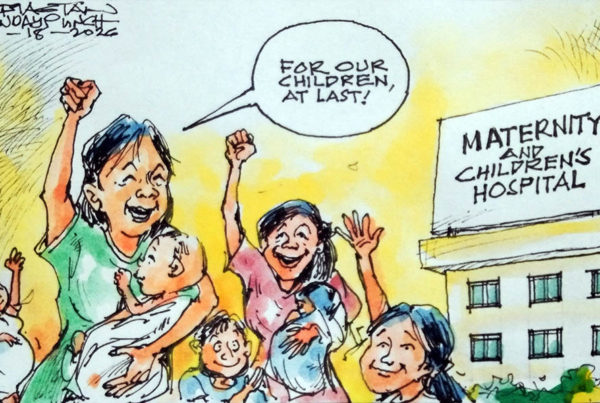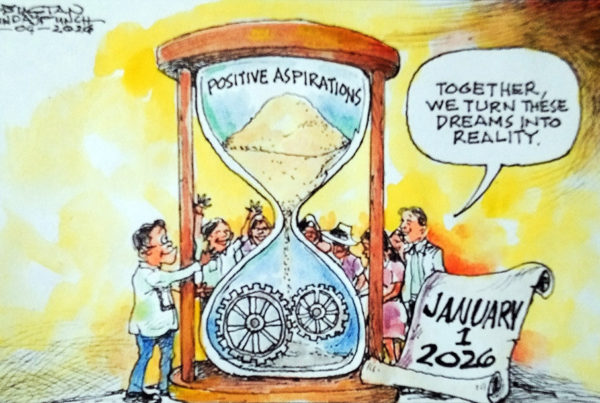Editorial
Political will for truly cheaper medicines
THE Cheaper Medicines Act, which took Congress more than three years to finalize and ratify, was finally signed into law by the President on Friday.
Republic Act 9502, entitled “Universally Accessible Cheaper and Quality Medicines Act of 2008”, lays down the groundwork for, among other things, lower medicine prices in this country where drugs and health care services in general are by and large a luxury that only the moneyed can afford.
Under this new law, small private sector groups such as cooperatives and labor unions will be able to import patented medicines from countries where these are cheaper than those being sold by pharmaceutical companies.
The other salient features of the law include paving the way for local generics manufacturers to test, produce and register their own versions of patented drugs which should result in cheaper prices; strengthening the role of the Department of Health and its attached agency, the Bureau of Food and Drug Administration over the drug industry; giving the health secretary the power to make recommendations to the President on the need to control prices of drugs for chronic illnesses; and requiring drug stores to make available a variety of brands for each drug to ensure wider choices for consumers.
But the signing of this milestone law is only the beginning. Now that Congress has done its part, the Executive must deliver on two counts.
Firstly, the DOH and BFAD — must hasten in taking steps to make sure that all the good intentions of the law are turned into reality.
For starters, a national forum and massive information campaign needs to be undertaken so that the people who will benefit most from the new law will be duly notified as our government health experts take on the tedious task of drafting guidelines and safeguards for the full implementation of the law.
Pangasinan’s son, Health Secretary Francisco Duque III, who has been among the best performing men in the current administration’s Cabinet, is undoubtedly up to the task together with Senators Manuel Roxas II and Pia Cayetano, the principal authors of the senate version of the bill and known to be the staunchest advocates of delivering affordable quality medicine to the people.
That’s relatively the easy part.
The more difficult task requires political will. To genuinely and instantly serve the public with cheaper quality medicines, the Arroyo administration must now move for the suspension if not the total abolition of the 12% e-vat on medicines. A 12% vat on a P100 medicine still translates to an additional P12, an amount that can buy a basic commodity for an impoverished family.
The new law only sets the tone, still much has to be done.










